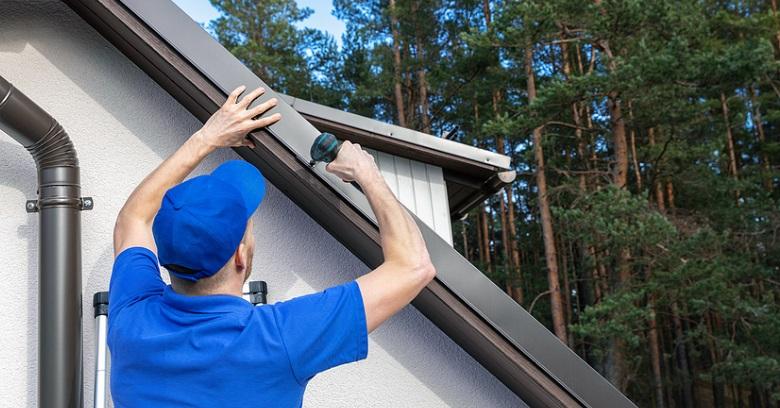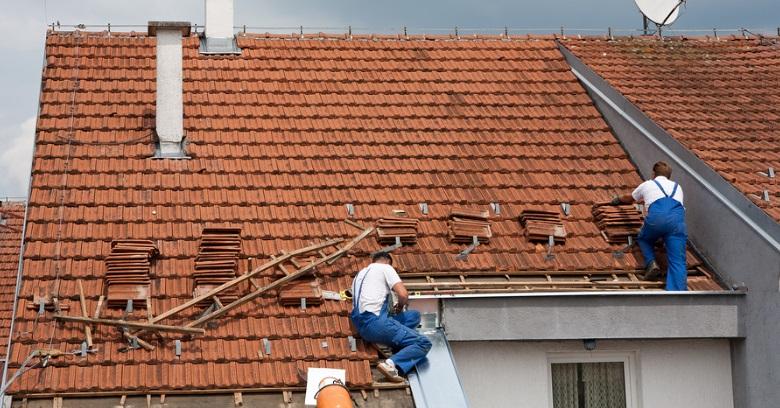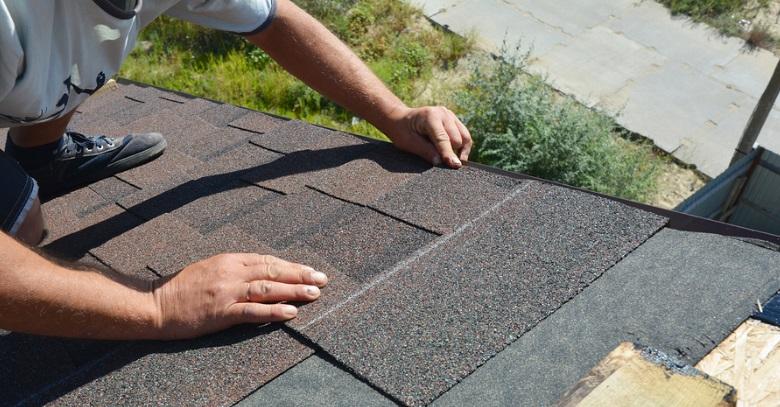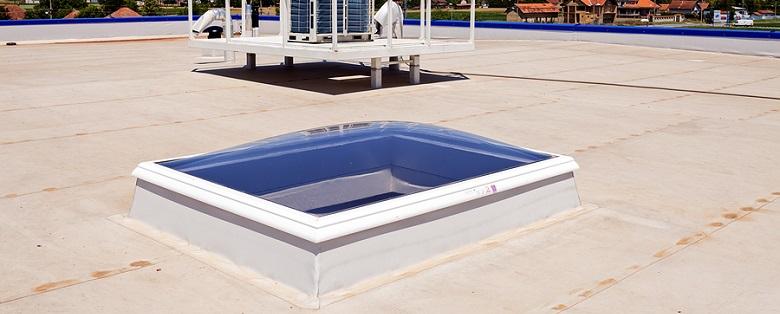Often improperly installed or simply forgotten altogether, a drip edge is a critical element of any roof.
This strip of metal that hides under the edge of the roofing is instrumental in its purpose, which is to keep water rolling off the roof from soaking the facia and underside of the roof’s edge.
To protect your roof, make sure the drip edge is installed correctly by roofers so it works as it should!
What Is the Correct Installation of A Drip Edge?
Though many drip edges get installed under the edge of the roof so they are attached directly to the fascia board, this installation is incorrect and could cause water to seep and wet the fascia.
A correctly installed drip edge done by qualified roofers is forward from the fascia, attached instead to a furring strip nailed to its top edge.
This little bit of distance between the fascia and the back of the drip edge is all that is needed to be certain that no water seeps behind the strip but drips off it instead, as it has been designed.
Positioned incorrectly on the roofing, there is a risk that the fascia could rot if it frequently gets wet.
Why Is A Correct Installation So Important?
When it’s been installed correctly by a knowledgeable roofer, the drip edge provides some important benefits in order to avoid costly damage to your roof:
- Prevents Water Getting Under the Shingles - The primary purpose for a drip edge is to prevent water from rolling over the edge of the shingle on the roof and then underneath where it will be sucked up by the uncoated side of the shingle and the underlayment. Over time, this will cause the decking under the edge of the shingles to rot.
- Prevents Damage to Fascia Boards - Correctly positioned, a drip edge properly installed by a roofer prevents water from seeping under the edge of the roofing material where it will reach the fascia and cause that unprotected wood to rot over time. The l-shaped design directs water rolling under the edge of the roof off the drip edge and into the gutter, keeping everything else dry.
- Prevents Ice Damming - By preventing water from rolling under the roof edge and being drawn under the shingles, drip edges also prevent ice damming that can happen if ice forms over the edge of the wet shingles.
- Strengthens the Edge of the Roof - Applied correctly to a furring strip right up under the underside of the shingles, drip guards add a little extra strength to that part of the roof so the shingles are less likely to be damaged by anything.
- Prevents Rodents from Getting In - One common way that rodents get into roofing is through gaps in the fascia or by chewing holes in it. A drip edge keeps them from reaching the fascia and finding a way in.
Make Sure Drip Edges Are Done Right
Though they may not seem that important, drip edges are definitely a part of roofing that you won’t want to skimp on.
Make sure your roofer puts drip edges on when doing a new roof and if you don’t have them now, consider having someone add them.
Most of all, make sure the roofer adds a drip edge correctly so it will protect the edge of your roof in all the ways it should.
Though they look minor, drip edges play an important role as part of the whole system that makes up your roofing!



